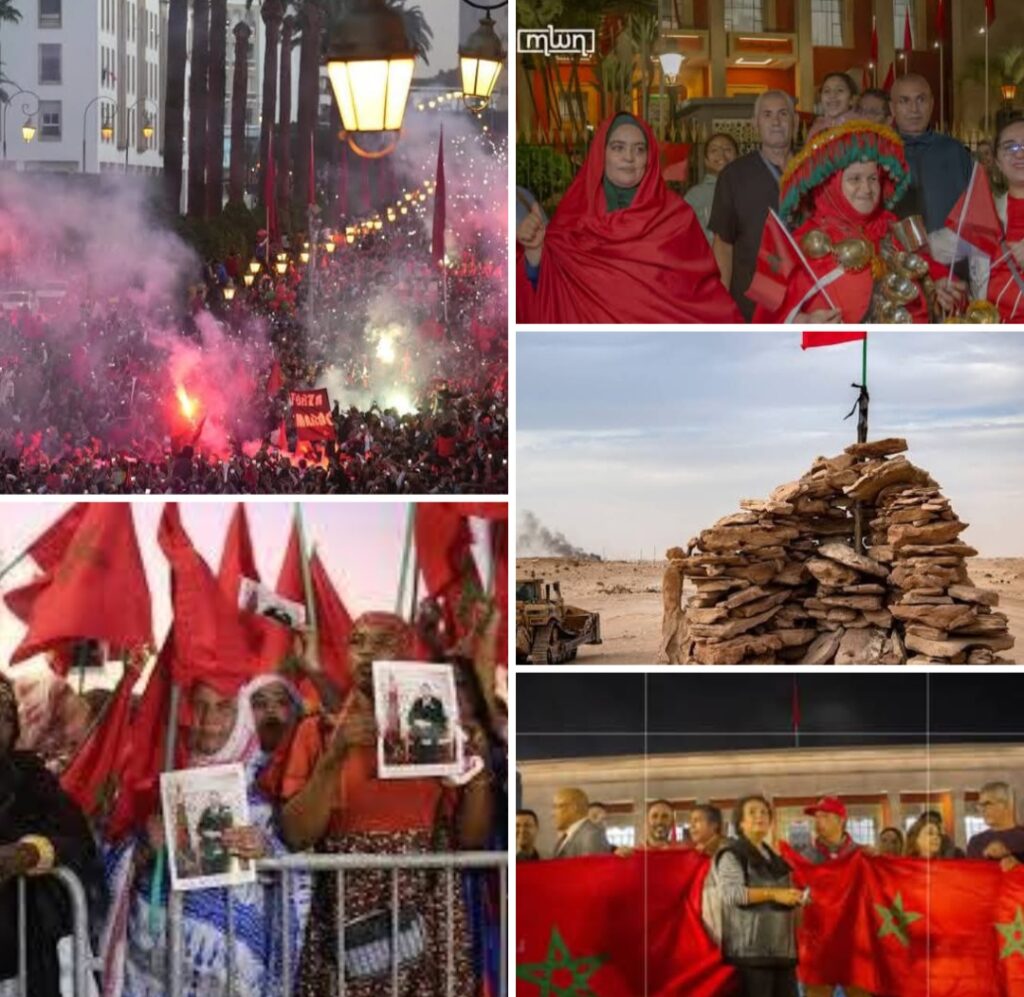By: Julius Konton
In a landmark decision, the United Nations Security Council has adopted Resolution 2797/25, reaffirming the Autonomy Plan proposed by Morocco as the “serious, credible and realistic” basis for resolving the Sahara issue.
The vote marks a significant shift in international positioning and reflects growing global support for a negotiated political solution.
Analysts say the resolution confirms what has gradually taken shape on the diplomatic stage: Morocco’s long-term strategy, led by His Majesty King Mohammed VI, has reshaped the issue of the Sahara from a prolonged dispute into a model for pragmatic, sustainable political settlement.
Diplomatic observers note that the Royal strategy, characterized by patience, incremental diplomacy, and realism, has prevailed over rigid or ideological approaches.
“The King’s method has been consistent: act with serenity, anticipate geopolitical shifts, and build consensus rooted in legality and development,” a senior diplomatic source said.
For nearly two decades, Morocco has promoted the Autonomy Plan as the basis for a lasting political settlement. Resolution 2797/25 places the plan at the heart of international discussion, with an increasing number of countries aligning with Morocco’s position.
The Security Council resolution notes that the Autonomy Plan represents:
A credible and serious basis for negotiation,
A pathway toward long-term regional stability, and
A framework aligned with international law and UN processes.
Diplomatic experts view this as a major milestone, confirming the relevance and accuracy of Morocco’s approach.
Observers describe the royal approach as a blend of bold initiatives and strategic patience: Decisions are proactive and forward-looking and Execution is measured, deliberate, and aligned with long-term goals.
The King has consistently emphasized legal legitimacy and economic development over political escalation.
This approach, analysts say, has gradually shifted international perceptions and rallied support around Morocco’s position.
Parallel to diplomatic efforts, Morocco has invested heavily in developing the Sahara region. Under the New Development Model for the Southern Provinces, the area has become a showcase for large-scale economic and social transformation.
Key investments include: Renewable energy projects and logistics hubs, Major infrastructure development (ports, highways, industrial zones), Progress in fisheries, health, education, and vocational training.
These projects aim to create an integrated regional economy and empower local populations, official say.
A senior Moroccan official noted: “Development on the ground gives credibility to the Autonomy Plan, it is not just a proposal, it is already a lived reality.”
Resolution 2797/25 signals a diplomatic turning point, reinforcing Morocco’s growing network of international support.
Experts say the evolution of global consensus demonstrates how Morocco’s long-term strategy, anchored in realism, dialogue, and development, has ultimately prevailed.


